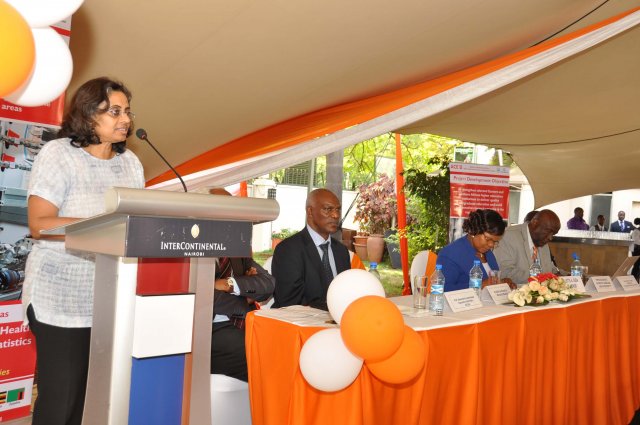advertisement
World Bank Approves $293 Million to Boost East Africa’s Regional Integration
The World Bank has today approved a $293 million International Development Association (IDA)* credit and grant to increase access to…

The East Africa Skills for Transformation and Regional Integration Project (EASTRIP) will support the development and delivery of demand driven TVET programs for technician training in Kenya, Ethiopia and Tanzania in transport, energy, manufacturing and ICT sectors.
The regional initiative will promote school industry collaboration to transform the TVET institutes and support industry recognized short-term training. The overall goal is to support countries in developing sufficient national skills that can catalyze economic development, regional trade, and integration.
“We recognize the transformational opportunity that human capital development and regional integration present for East Africa’s future. The World Bank is committed to supporting the development of high quality skills to expand regional economic corridors and regional infrastructure projects that can unlock the continent’s growth potential.”
Sajitha Bashir, World Bank Education Practice Manager, Eastern and Southern Africa.
“We recognize the transformational opportunity that human capital development and regional integration present for East Africa’s future. The World Bank is committed to supporting the development of high quality skills to expand regional economic corridors and regional infrastructure projects that can unlock the continent’s growth potential,” said Sajitha Bashir, World Bank Education Practice Manager for Eastern and Southern Africa.
advertisement
Currently, Africa has small, sparsely populated, fragmented and often isolated economies that make a compelling case for regional economic integration to create larger markets, reduce barriers to trade, and movement of labor to continue and accelerate economic growth and poverty reduction. The continent registers the lowest percentage of intra-regional trade with only 12% of total exports within the continent compared with 25% in South East Asia ad over 60% in the European Union.
Several regional integration initiatives such as the Northern Corridor Integration Project (NCIP) and the Central Corridor Transit Transport Facilitation Agency seek to open markets and support trade. These economic transformation projects are boosting the demand for educated and skilled labor across Sub-Saharan Africa. However, there remains a large gap between the demand and supply of education and skills in Africa. In particular, low levels of education and training impede the productivity of the African labor force and perpetuate the vicious cycle of low economic growth, low diversification, and low education development, in spite of gains made in access to secondary and higher education.
“Shortage of specialized technical and vocational education and training is particularly acute in transport, energy, manufacturing and ICT. If not addressed, the skills gap could seriously dampen the industrialization and integration agenda in East Africa,” said Xiaoyan Liang, World Bank Lead Education Specialist and Team Leader for the Project.
advertisement
The EASTRIP will be implemented by the Ministry of Science and Higher Education in Ethiopia, the Ministry of Education in Kenya, the Ministry of Education, Science and Technology in Tanzania, and the Inter University Council for East Africa.